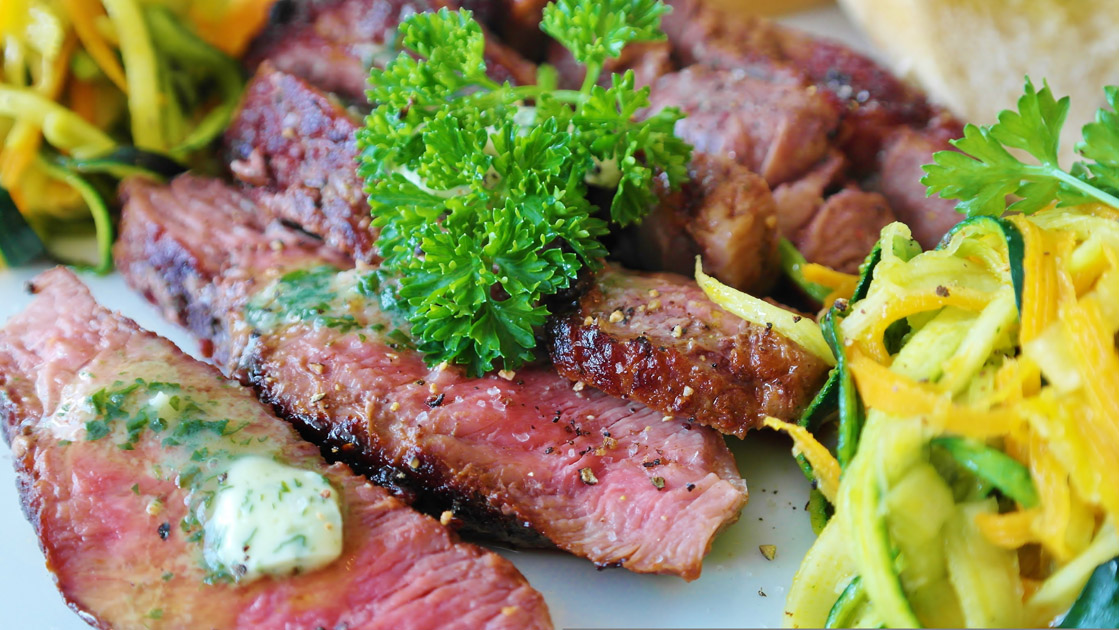Brexit, post-Brexit policies, and ever-evolving supply networks are continually reshaping the trading landscape for UK farmers. These are providing a never-ending sense of uncertainty. Nonetheless, by looking beyond immediate challenges it’s possible to identify clear Japanese export opportunities.
This is what our Senior Farming Consultant Lizzie Downes has been doing. She’s noticed some important signals from her studies of the Japanese food and drinks market.
The Japanese market – a primer
With a value exceeding £270 billion, the Japanese food and drink industry presents a significant market opportunity. Like the UK, Japan has an ageing population, with 30% projected to be aged 65 or over by 2025. This significant market prioritises a healthy and convenient diet, and is driving a demand for innovative products.
Meanwhile, Japan’s food self-sufficiency stands at a mere 38%, which reveals a strong reliance on imports. In other words, the doors are open for savvy international suppliers.
Shifting preferences provide product opportunities
In our analysis, three important opportunities are ripening.
- Health and wellness – The ageing population is prioritising health-consciousness in its food choices. This is resulting in increased demand for so-called “perfect-nutrition foods”. These are high-protein, and high in nutritional value, which are seen as beneficial for maintaining overall health. In this sector, key areas of growth are ready-to-eat meals and take-home meals.
- High quality is key – Quality, safety and integrity are paramount for Japanese consumers. They show a marked preference for good animal welfare practices, traceability, and a sense of food heritage. Having these credentials can create a premium perception, and thus command higher prices.
- Specific product categories: Whisky, cheese, and meat (particularly beef) represent established export opportunities. However, don’t overlook beer, wine, confectionery, sauces, condiments, bakery goods, cereals, and pasta-based products, which show potential for growth. High-protein, high-nutrition snacks also present significant opportunities.
Navigating the market nuance
There are a couple of important things to be aware of you are assessing the valuable Japanese market.
- Stringent regulations: Food safety regulations in Japan are strict, with specific limitations on food additives and their usage. Thorough research and adherence to these regulations are paramount for successful entry.
- Building trust and differentiation: While import reliance exists, a segment of consumers still prioritises domestically produced foods due to perceived safety. Highlighting the unique qualities and differentiating factors of UK products is crucial to stand out against a strong field of global competitors. These include players in North and Latin America, Oceania, and the EU-27 countries.
In short, a lot of producers are focusing on Japanese export opportunities, so having novel products and using great ingredients is vital for success.
Keys to Success: Planning, partnerships, and cultural understanding
Like all ventures, you stand a much better chance of success if you have a clear, strong understanding of what you are trying to achieve, and how to go about it. So, it’s vital to do your homework, make connections, and understand the business and social traditions that you are wishing to get involved with. Seek guidance from people who have experience of this.
- Market research and long-term strategy – Deeply understanding Japanese consumer preferences and market dynamics is vital. Invest in comprehensive market research and develop a mid-to-long-term strategy tailored to the specific needs and trends.
- Building trust and partnerships – Establishing trust with Japanese consumers takes time and effort. Partnering with local distributors and intermediaries that are experienced in the market can significantly expedite this process.
- Embracing cultural nuances – Cultural immersion is key to success. Visiting Japan allows for a deeper understanding of consumer preferences and the cultural nuances that directly impact food choices.
- Highlighting UK values – Emphasise the values that resonate with Japanese consumers, such as animal welfare, traceability, and commitment to food heritage. Storytelling and a focus on the unique aspects of UK products can create a powerful connection.
Knowledge leads to enlightened decisions
The Japanese food market present significant export opportunities for innovative UK producers, especially those willing to adapt and innovate. While challenges exist, thorough research, a focus on health-conscious and premium products, and a deep understanding of the cultural landscape can pave the way for success.
If you are interested in exploring opportunities for food export, or you’re looking for ideas about how to get involved in new markets, or even looking for analysis to flesh out ideas of your own, talk to us.
We have analysts and experts who are involved in all areas of farming, dedicated to securing resilience at all levels of the industry.
This piece is based on an article by Lizzie Downes, which first appeared in Farmer’s Guardian on 21 January 2024.








